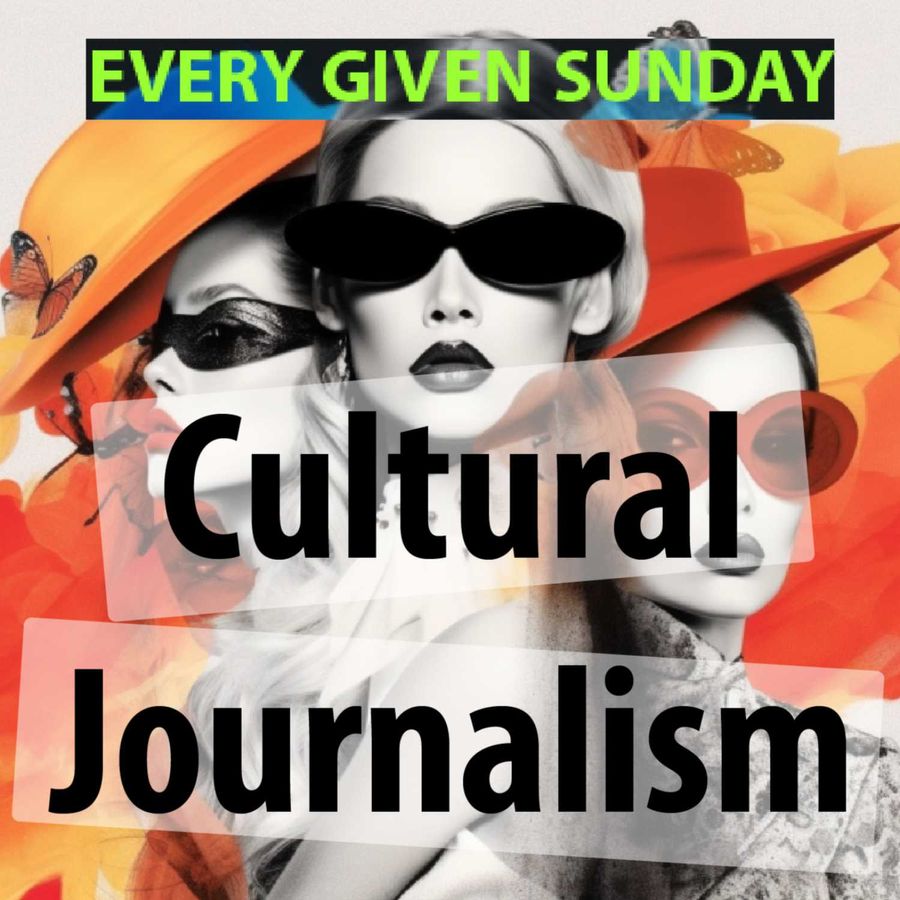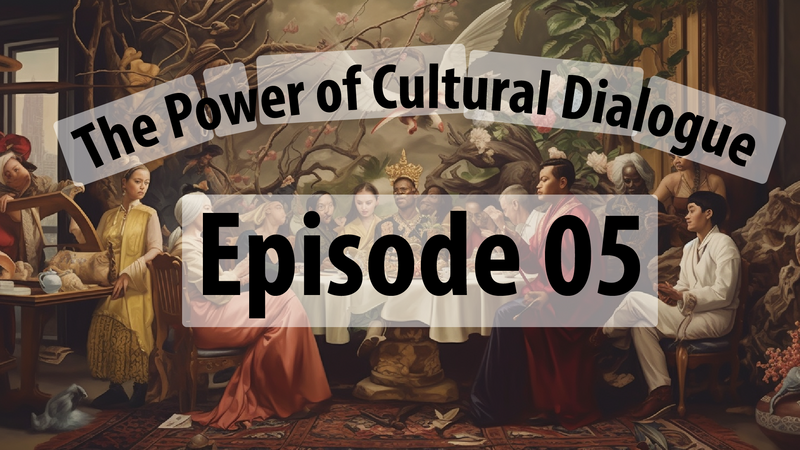The Power of Cultural Dialogue: An Erudite Examination
In exploring the power of cultural dialogue, we embark upon an intellectual journey that necessitates a critical examination of conventional wisdom. It is a pursuit that demands we challenge prevailing assumptions, draw upon historical references, and engage with a sharp wit to unravel the complexities of this subject. The interplay of cultures throughout history has been a fascinating tapestry of ideas, values, and worldviews. Still, we must not allow ourselves to be swept away by the prevailing narratives without subjecting them to rigorous scrutiny. I will endeavour to shed light on the nuances of cultural dialogue, emphasizing the need for critical analysis and intellectual integrity.
Cultural Hegemony: The Dominance of Ideas
To understand the power of cultural dialogue, we must first confront the notion of cultural hegemony. It is often argued that dominant cultures impose their values and norms on others, leading to a homogenization that stifles diversity. While there may be instances where cultural imperialism manifests, we must be cautious not to paint with broad strokes. The dynamics of cultural interaction are far more intricate.
Historically, cultural dialogue has been the lifeblood of societal progress. Ancient Greece, for instance, witnessed the amalgamation of ideas from different city-states, fostering intellectual exchange and paving the way for the birth of philosophy, democracy, and scientific inquiry. Similarly, the Islamic Golden Age, a period of rich cultural dialogue, saw advancements in medicine, mathematics, and literature that profoundly influenced Europe during the Renaissance.
Conventional wisdom often dismisses cultural dialogue as a mere tool for hegemonic control. Still, it is crucial to recognize that such exchanges have also been conduits for resistance, adaptation, and transformation. Through dialogue, individuals and societies can challenge dominant ideas, reinterpret traditions, and construct new narratives. Cultural dialogue is an intellectual crucible where ideas are tested, refined, and shaped, ultimately leading to societal progress.

The Battle of Ideas: Intellectual Rigor and the Clash of Worldviews
Critics of cultural dialogue argue that it fosters moral relativism, diluting the values and principles that underpin a particular culture. While respecting the diversity of values is essential, we must not compromise on intellectual rigour. Philosophical relativism threatens to erode the foundations of critical thinking and reasoned discourse, wherein all ideas are considered equally valid.
Engaging in cultural dialogue necessitates a robust defence of one's values and ideas. It requires the courage to challenge, question, and refine our beliefs in light of alternative perspectives. This process demands intellectual rigour, unyielding pursuit of truth, and a willingness to reassess and adapt our worldview when confronted with compelling arguments. Cultural dialogue devolves into a superficial exchange of opinions without this rigour, devoid of its transformative potential.
The power of cultural dialogue lies in its ability to bring disparate worldviews into the conversation, encouraging introspection, self-reflection, and growth. By exposing ourselves to alternative perspectives, we cultivate empathy, expand our intellectual horizons, and fortify our arguments through rigorous testing. Cultural dialogue challenges us to rise above the echo chambers of our own beliefs, fostering intellectual humility and broadening our understanding of the world.
A Historical Odyssey: Learning from the Past
To fully grasp the power of cultural dialogue, we must examine historical precedents and draw wisdom from the lessons of the past. The Renaissance, often heralded as a pinnacle of cultural dialogue, was fueled by the exchange of ideas between Europe, the Islamic world, and the Byzantine Empire. Reintroducing ancient Greek and Roman texts into European scholarship sparked a transformative intellectual revolution.
During the Enlightenment, Europe witnessed a flowering of intellectual exchange, with philosophers, scientists, and writers engaging in vibrant cultural dialogues that challenged the dogmas of the day. This era of intellectual ferment laid the groundwork for democratic ideals, human rights, and scientific progress.
However, history also presents cautionary tales. European powers' colonization of indigenous cultures is a stark reminder of the perils of unchecked cultural dialogue. Cultural imperialism, driven by the quest for power and control, destroyed rich indigenous traditions and the imposition of foreign values. This dark chapter underscores the need for cultural dialogue grounded in mutual respect, reciprocity, and an appreciation for the intrinsic worth of all cultures involved.
Conclusion: Cultivating a Dialogue of Depth
The power of cultural dialogue lies not in the mere exchange of ideas but in the conference's depth. It demands critical analysis, intellectual rigour, and a willingness to challenge the status quo. Cultural dialogue can ignite societal progress, promote empathy, and foster transformative change when approached with academic integrity.
To fully harness this power, we must recognize the pitfalls of cultural hegemony, defend intellectual rigour in the face of relativism, and draw lessons from history. We can create a more inclusive, enlightened, and harmonious global society by engaging in a dialogue grounded in mutual respect, open-mindedness, and a commitment to the pursuit of truth.
In pursuing cultural dialogue, let us not be complacent in our thinking but rather engage with incisiveness, erudition, and an unwavering pursuit of intellectual rigour. Only then can we unlock the genuinely transformative potential that lies within the power of cultural dialogue?


